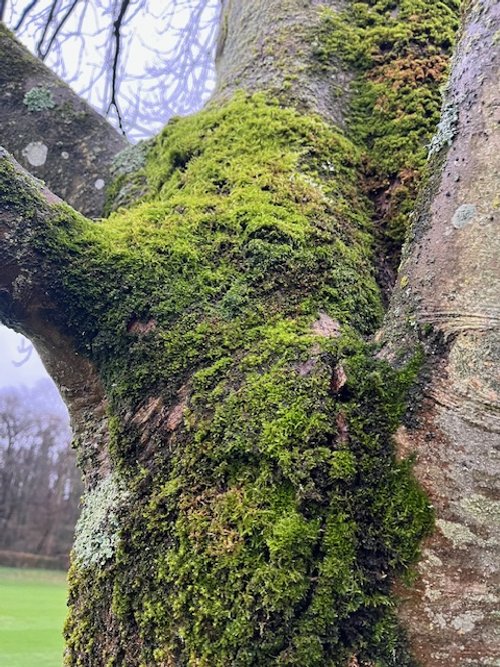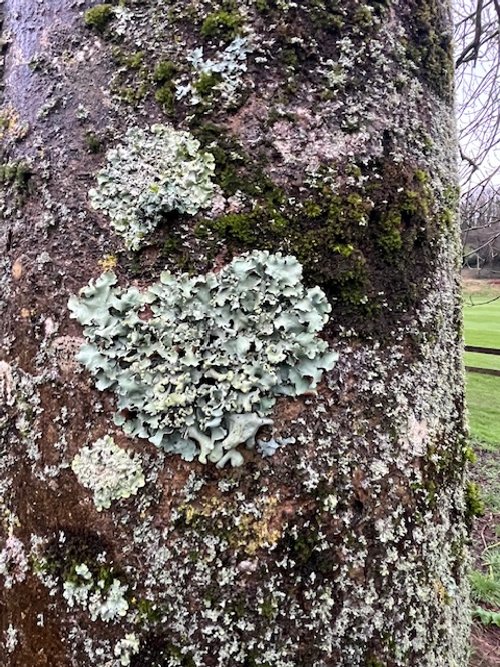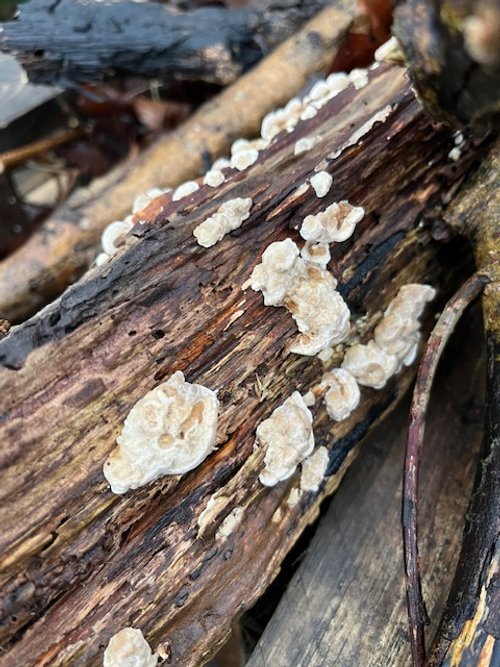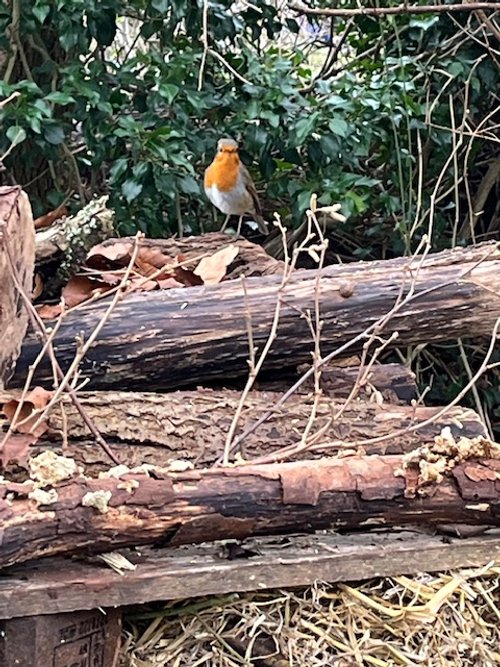World Wildlife Day
It was World Wildlife Day on last Sunday (3rd March) - a significant annual event marked by the United Nations to honour the natural world's remarkable animals and plants. It's a time to reflect on their unique roles and contributions to both the environment and human well-being.
This year, the World Wildlife Day 2024 theme is:
"Connecting People and Planet: Exploring Digital Innovation in Wildlife Conservation."
As part of our commitment to this cause, we at the Tor Hill Lane Project will be actively engaging with the iNaturalist platform to document wildlife sightings. Each observation we record not only contributes to our understanding of local biodiversity but also provides valuable data to the wider scientific community.
By participating in initiatives like iNaturalist, we can collectively monitor changes in our natural surroundings and contribute to a global understanding of wildlife trends. Our efforts help scientists advise us on vital conservation measures, ensuring a sustainable future for all species.
By signing up and contributing information to iNaturalist, people can play an essential role in wildlife conservation. Here's how:
Observation: Anyone can become a citizen scientist by capturing observations of plants, animals, and fungi using a mobile device or camera. These observations can be as simple as taking a photo or recording a sound.
Swan’s Neck Thyme Moss and Lichen at Tor Hill
Identification: After uploading an observation to iNaturalist, the community of users, including experts and fellow enthusiasts, helps identify the species. This collective identification process ensures the accuracy of the data.
Data Analysis: The data is then used by scientists and conservationists worldwide to monitor biodiversity trends, identify species at risk, and inform conservation decisions.
Toothed Crust Fungi and Robin at Tor Hill
Community Engagement: iNaturalist fosters a global community of nature lovers, from casual observers to seasoned experts. Users can follow each other, join groups, and participate in projects that focus on specific species, regions, or conservation goals.
Education: iNaturalist is an excellent educational tool, teaching users about their local ecosystems, fostering curiosity about the natural world, and encouraging outdoor exploration.
Conservation Impact: Contributing to iNaturalist directly supports conservation efforts by providing valuable data that can influence policies, land management decisions, and conservation actions.
In summary, iNaturalist empowers individuals to become citizen scientists, contributing to global biodiversity research and conservation.
You can help too by recording your sightings. Visit the website www.inaturalist.org
or you can download the app to your phone - just click on the button below to find it in your App Store.




